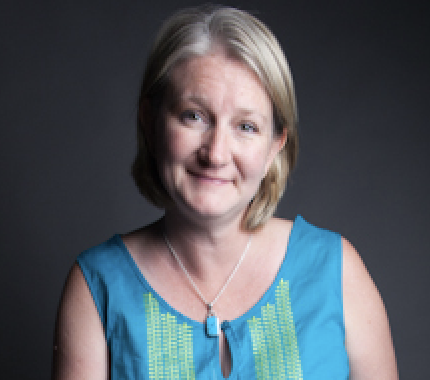
DR. WENDY ANDERSON
Recently, I finished a crisis-management course for my MBA. We explored case studies where organizations and government entities were pushed over the edge of chaos into a genuine crisis, full of unknowns.
A common pattern that emerged in well-managed crises was a rapid reorganization of actors. Each actor set aside their personal interests and stepped out of their typical roles and comfort zones to address the crisis and work collaboratively toward a “best worst-case scenario.”
Public outcry has revealed our collective horror over the breakneck speed of development occurring throughout Volusia County and beyond.
As a region, we are experiencing a crisis of unbridled development that uses profit-driven practices of clearing all trees, leveling sites, and digging square stormwater ponds, only to pack the land with stucco-covered houses and carpet the lawns with thirsty and fertilizer-hungry sod.
Yet, past boom-and-bust cycles of development have generated surprisingly thoughtful revisions to county and city Comprehensive Land Use Plans, Land Development Codes, and vision documents.
In just one example, from the City of DeLand’s codes, in a section describing “criteria and standards for approval,” we read this about how proposed developments are to be evaluated: “Open spaces, plazas and recreation areas provided within a development plan shall be evaluated based on … the sufficiency of such areas to provide appropriate recreational opportunities, protect sensitive natural areas, conserve areas of unique beauty or historical significance, provide structure to neighborhood design, and encourage compatible and cooperative relationships between adjoining land uses.”
That’s just one of many elements of our code that can be enforced to shape developments like the one planned for the former Southridge Golf Course — one of many landscape-changing neighborhoods currently being proposed in DeLand.
Guardrails are in place to require practices that will minimize the impacts of these developments on our water supply and quality, and our natural ecosystems.
Protecting the ecosystem adds real value, including regional cooling and rainfall, air purification, water filtration and aquifer recharge, flood mitigation, carbon uptake and wildlife habitat.
And the language encouraging this protection already exists in our codes, ordinances and guidelines!
Our communities are in crisis, and it is time for as many of us who can to step out of our comfort zones, to educate ourselves, to get involved, and to speak up.
I am just a nerdy plant and ecosystem biologist. Yet, in this crisis, I have spent hours and hours poring over our development codes. These ordinances aren’t rocket science — although sometimes I think rocket science is easier to understand than legalese.
I wonder, though, why the decision-makers on the dais only selectively enforce the codes and ordinances we have in our toolkit.
It is their job to enforce all of these rules, and I hope they will start doing so before too many more beautiful sites are destroyed.
If they are not going to do it, I guess it is our job to manage this crisis: to learn the codes, write the letters, and show up to hold the elected decision-makers accountable.
And, in 2022 in DeLand, it will be our job to show up at the polls and vote out the current city commissioners if they don’t uphold the ordinances that were established to prevent a crisis and to provide long-term protection of what we collectively value about living here.
— Anderson is a professor of environmental science and studies at Stetson University, and chair of the Volusia Soil and Water Conservation District Board of Supervisors. She has been promoting sustainable community development for 20 years.
